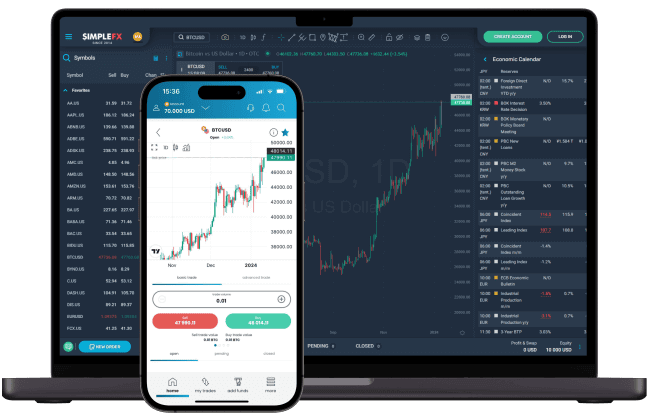The International Monetary Fund (IMF) is a global organization established to promote monetary cooperation, secure financial stability, enhance international trade, and foster sustainable economic growth among its 190 member countries.
- Learn about the IMF’s crucial role in promoting sustainable economic growth and stability.
- Explore the diverse financial assistance programs and advisory services offered by the IMF.
- Understand the impact of the IMF’s policy recommendations on global finance.
IMF: Definition
The International Monetary Fund (IMF) is an international organization established to secure the stability of the international monetary and financial system. It supports its member countries by managing balance of payments difficulties, stabilizing their economies, and fostering macroeconomic stability.
The IMF’s role becomes especially critical during economic crises, where it serves as a key financial advisor to ensure that countries can fulfill their international financial obligations. Additionally, the IMF plays an important role in tracking and analyzing the USD history, documenting its influence on global economic policies and its pivotal role in the international financial system.
What is the International Monetary Fund?
The International Monetary Fund (IMF) supports global monetary cooperation and offers policy advice to help nations build stable economies. It aids member countries facing balance of payments issues, driving economic adjustments necessary for recovery and growth. The IMF also influences monetary policy decisions, including those by the Federal Reserve (FED), particularly during FOMC meetings. Additionally, it examines the USD’s historical role and its effect on global economic policies and Forex markets.
IMF: World Economic Outlook
The IMF publishes a semiannual report, the World Economic Outlook, which analyzes and forecasts economic developments and policies in its member countries and globally. This report is a crucial resource for understanding current trends and potential scenarios in the global economy, covering topics such as changes in GDP, international trade, employment, and inflation. It profoundly influences global economic policy by providing data-driven insights into monetary policy decisions, forex basics, and international finance strategies.
Contributions to monetary policy and forex
The IMF’s role is critical in shaping Forex and monetary policy. It offers expert analysis and guidance on managing national currencies and responding to global economic conditions. For example, the IMF’s input on USD policies significantly influences forex rates, affecting major trading pairs like EURUSD. The organization assesses and provides insights on FED decisions, interest rates, and the impact of NFP data releases.
These contributions help tailor economic policies aimed at controlling inflation, as indicated by CPI data, and sustaining financial stability. Additionally, the IMF’s analysis extends to the burgeoning sector of crypto USD, evaluating how digital currencies interact with traditional financial systems.
Conclusion
The IMF’s work is foundational in promoting international financial stability and sustainable economic growth. By providing financial support, expert advice, and comprehensive economic analysis, the IMF helps ensure that its member countries are equipped to navigate the complexities of the global economy. Its influence is particularly notable in Forex trading and international monetary policies, where its insights into currencies and financial markets help shape the economic landscape worldwide. As we look forward, the role of the IMF in shaping global economic recovery and sustainability remains more relevant than ever.




















































